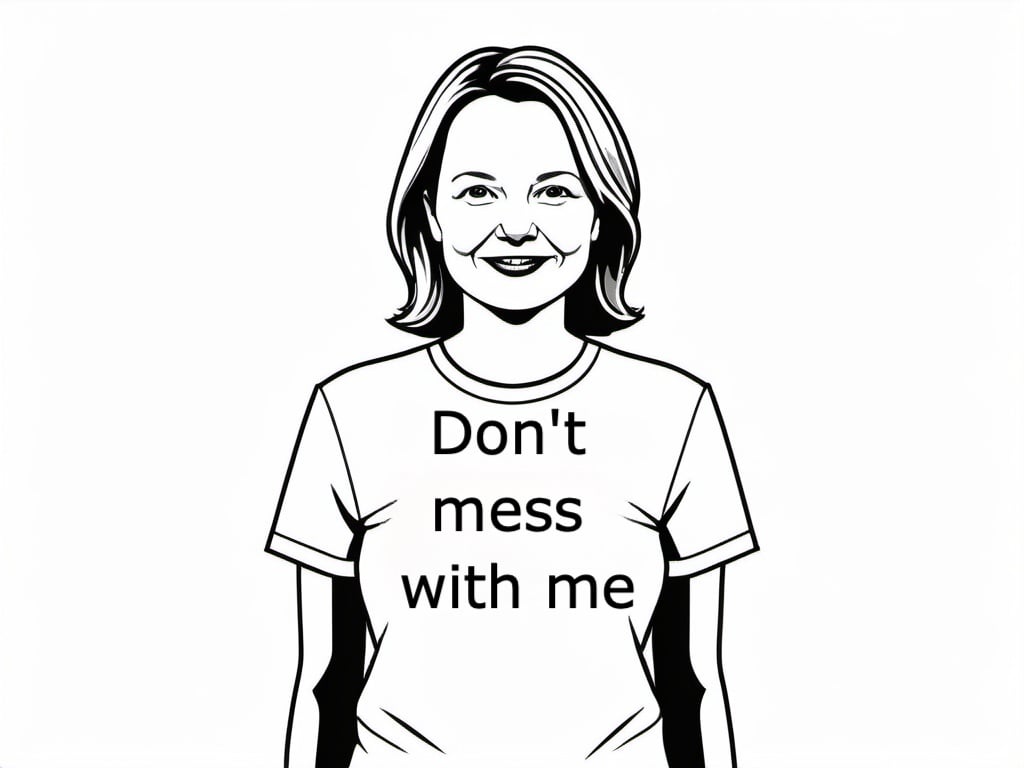Sussan Ley’s moderate revolution:
The Liberals’ quiet revolution, because someone had to.

The quiet coup that could save the Liberal Party
If Peter Dutton was the iron first on the blunt instrument, then Sussan Ley is fine hand with the scalpel.
With the unveiling of her newly reshuffled Coalition frontbench, Ley has made one thing abundantly clear: she’s not just playing second fiddle to a party in decline. She’s actively trying to reform it.
Quietly, methodically, and with a political ruthlessness that belies her polished exterior, Ley has begun a moderate revolution within the Liberal Party. And she’s already won her first major battle: taming the Nationals.
The Coalition, freshly reconstituted after a messy breakup, is back in partnership. On Ley’s terms. Nationals Leader David Littleproud might have walked back into the fold, but not before Ley made sure the tail would no longer wag the dog. They wanted seven frontbench spots. They got six. That alone tells you who’s holding the leash now.
More telling still is who’s been left out in the cold. Jane Hume, once a rising star and standard bearer for economic orthodoxy, is gone. Jacinta Nampijinpa Price, previously elevated for her combative MAGA role in the culture wars, demoted to the outer ministry.
Sarah Henderson and Tony Pasin have also been cast aside, further shrinking the influence of the hard right within the party. These aren’t symbolic cuts. They’re surgical removals of the very figures who embodied Dutton’s backward-facing, wedge-politics approach.
This is not to say that Ley is abandoning conservatism. She remains a pragmatic operator and no stranger to party loyalty. But what we are seeing is a subtle repositioning.
A shift away from the endless parade of grievances that defined the Dutton era, and toward something more electorally palatable.
More Menzies than Morrison. More problem-solver than provocateur.
One only needs to look at the frontbench line-up: Ted O’Brien as Deputy Leader and Shadow Treasurer signals a shift back to economic discipline over ideological brawling. Michaelia Cash takes Foreign Affairs, Julian Leeser returns to a serious legal portfolio, and even the removal of “climate” from the energy title reads less like denial and more like a cooling of political temperature.
But if Ley’s reshuffle is a victory, it’s only the first skirmish. Because now comes the hard part.
The Coalition needs to do something it hasn’t traditionally been good at: practical thinking.
Not ideology, not slogans, and certainly not culture wars, but grounded, real-world solutions to the fundamental problems facing Australia. Housing affordability.
A fractured health system. Stagnating wages. Decaying infrastructure. Voter trust. If Ley wants her quiet revolution to last, she’ll need to lead the party through a loud awakening.
Sussan Ley appears to understand what Dutton never could, that Australians aren’t yearning for a war on woke, they’re yearning for competence.
For a party that doesn’t treat opposition as performance art. For a credible, adult alternative that knows how to disagree without destroying everything in its path.
Make no mistake, this is Ley’s quiet coup.
The lessons from history are clear. David Cameron was able to reform British Tories, but he was brutally undone by his party’s New Right faction. Ley has the chance to seize the middle ground and make the Liberals palatable with the electorate again.
And if she can keep navigating the party away from the fringes and back toward the centre, history may look back on this as the week the Liberal Party finally stopped cannibalising itself, and started finding its way home.
Comments are for subscribers only